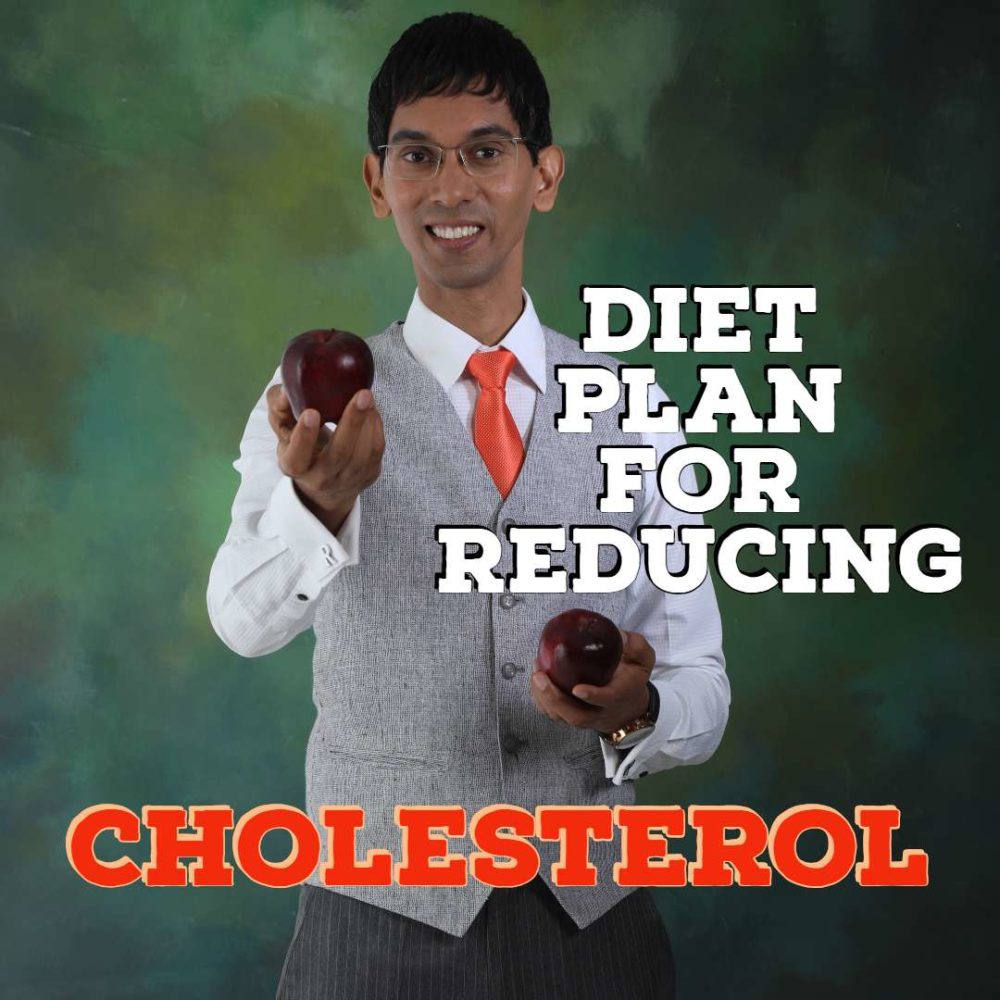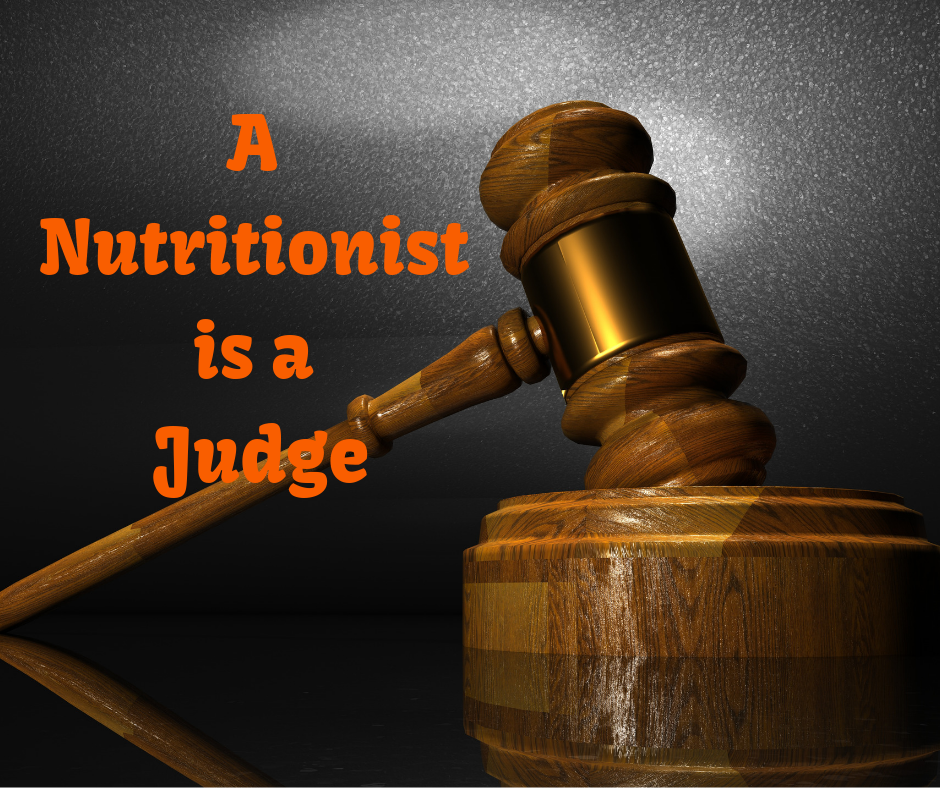5 Must Know Facts About Salt that Everyone Should Be Aware Of
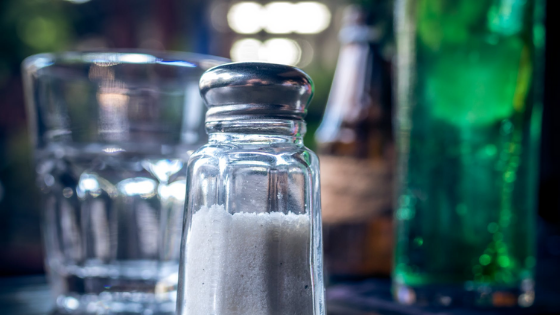
2024-02-26 08:24:34
5 Must Know Facts About Salt that Everyone Should Be Aware Of
While almost everyone is aware that too much salt in one’s diet is hazardous for one’s heart, we’d like to bring attention to several additional facts concerning this mineral that aren’t well known.
About Sodium
The scientific term for salt is sodium chloride, and sodium makes up around 40% of it, which is the major reason for its popularity.
Sodium binds to and holds water in our circulation, raising blood pressure and making the kidneys work harder. Both are risk factors for stroke, renal disease, and, most significantly, heart disease, which was India’s top cause of death from 2010 to 2013.
However, as you’ll see later in the article, we do require a certain quantity of salt in our bodies.
Here’s a collection of facts that, when taken together, can help you figure out how to acquire the right quantity of salt in your diet.
#1) Hidden salts account for 77% of the salt we consume
Many people who are trying to reduce their sodium intake feel that using less salt in their home cooked meals would make a big impact.
Studies have shown that this is not the case.
Reduced salt consumption in cooked foods only results in a minor reduction in blood pressure. Home made food, it turns out, provides just around 11% (roughly) of the total salt we consume!
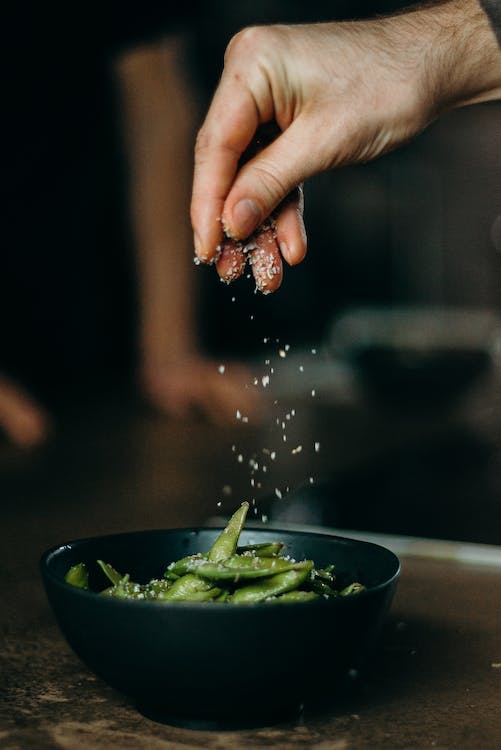
The hidden salts in different store-bought meals account for a stunning 77 percent of our salt consumption, or three quarters. Salt is employed as a preservative in these items, in addition to its flavour, because germs have a hard time developing in a salty environment. Snacks, canned foods, processed meat, bread, morning cereals, and cheese are all examples.
Reading food labels is an excellent place to start: goods with 140mg or less sodium per serving are considered low in sodium.
#2) It’s ok to consume 2300mg of salt each day (For Most People)
We seem to be urged to eat less salt all of the time, but this doesn’t have to be the case for everyone.
Salt’s ability to raise blood pressure is, in fact, critical to human health.
However, like with everything else, the problem arises from overconsumption, especially eating more than 2300 milligrammes of salt per day, or around 1 teaspoon. (Those with high blood pressure or heart problems should exercise extra caution; the suggested daily maximum is 1500 mg.)
As long as you avoid manufactured foods with hidden salts or aren’t sensitive to salt, the small quantity you use in your cooking shouldn’t be a problem.
#3) A lack of salt is also a problem
In certain circumstances, reducing salt intake might do more damage than benefits.
Things start to go awry when people entirely cut down on their salt consumption – notably athletes, who tend to drink more water and therefore dilute their sodium levels even more.
When we don’t get enough salt in our bodies, our bad cholesterol (LDL) and triglyceride levels rise. Both are risk factors for a variety of ailments associated with a sedentary lifestyle, including heart disease.
According to one study, very low amounts of salt might make our cells more insulin resistant, leading to type II diabetes and other complications.
Salt is also required by our bodies to maintain fluid equilibrium and to aid the normal functioning of our neurons and muscles; after all, it is a crucial electrolyte.
#4) The same restrictions may apply to other salts
Those who use “healthier salts” instead of table salt should nonetheless be cautious about their salt intake.
Because “natural salts” like sea salt include tiny amounts of minerals like magnesium, potassium, and calcium, they are thought to be healthier. However, these levels are typically so low that you may obtain more of these elements from other foods.
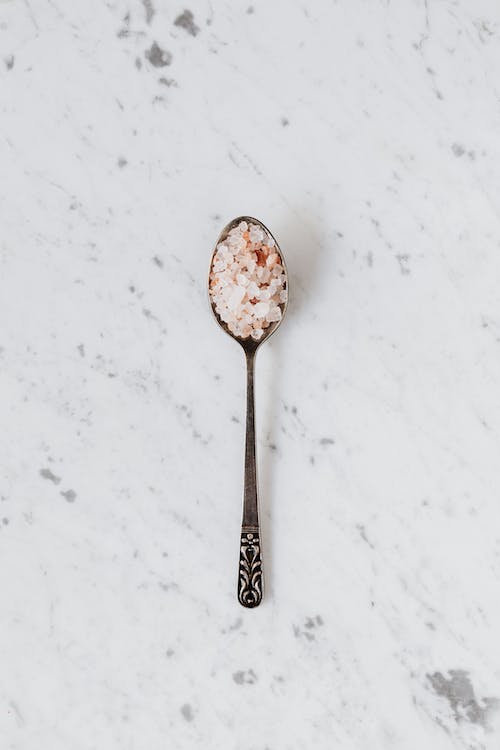
In addition, table salt may have chemicals such as anti-clumping agents, but many also include iodine, which is deficient in many people.
The important bit: even if you substitute sea salt, kosher salt, or Himalayan salt for table salt in your diet, the sodium levels are nearly same! Unless otherwise specified, they all contain 40 percent sodium.
So just replacing your table salt with another does not imply that you may increase your salt intake!
#5) Effects of Excess Sodium Can Be Countered Through Diet and Exercise
Exercise is essential for keeping a healthy heart since it lowers blood pressure. Reducing our carb intake has also been demonstrated to help us maintain a healthy heart.
Potassium-rich foods can actually counteract the negative effects of too much salt. Potassium aids in the elimination of salt through urine and the relaxation of blood vessel walls (which lowers blood pressure). So a well-balanced diet rich in fruits, vegetables, whole grains, fish, poultry, beans, seeds, and nuts can help a lot.
Antioxidants are another excellent approach to lower blood pressure while also combating other heart disease and stroke risk factors. Many of them may be found in spices, which are a fantastic method to reduce salt in cuisine without sacrificing flavour.
And, if we start looking for salt sources in our diet, we can help keep our blood pressure under control while still enjoying the taste of our food!
No one food is bad or super healthy until we abuse it. Balanced and structured eating is the way of life. To get yourself a structured customized nutrition plan call us at +91-9743430000 or write to us at devika@quanutrition.com
Ryan Fernando is an Award-winning celebrity Sports Nutritionist with 2GUINNESS world record and 2 Olympic medals under his belt. His client list include Olympic wrestler Sushil Kumar, cricketer Shikhar Dhawan & bollywood superstars Aamir Khan & Abhishek Bachchan. He is Chief Nutritionist at QUA Nutrition Signature Clinics.



